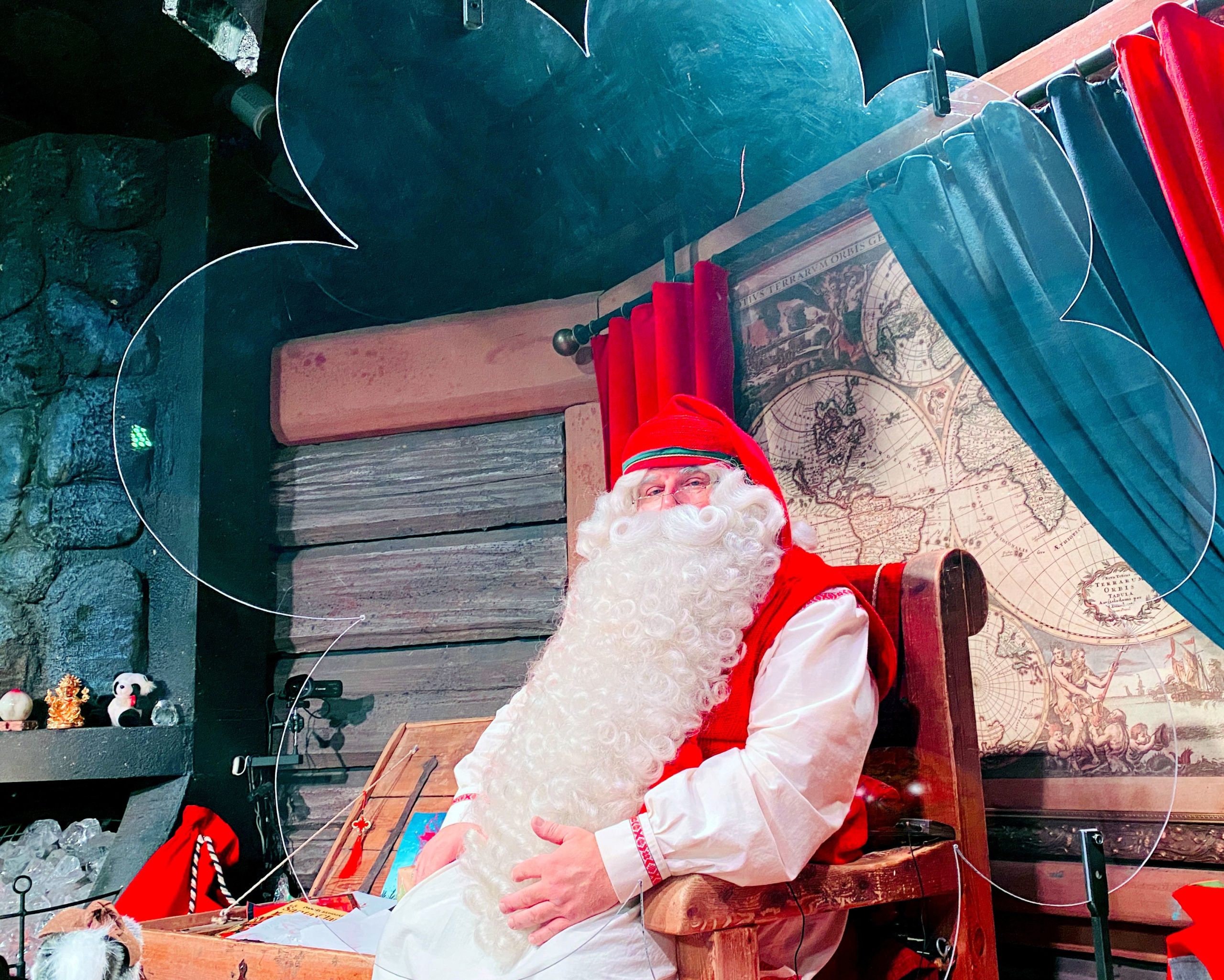Hoping to the preserve magic of Christmas, UK’s largest travel agency cancels trips to Arctic Finland
TUI’s announcement is the latest blow to a region whose travel industry had already been gutted by COVID-19.

British and Irish travellers looking to visit Santa this Christmas will have a harder time getting to his home in northern Finland after TUI, one of the UK’s largest travel agencies, announced last week that it was cancelling all trips there this winter amidst concern that measures intended to stop the spread of COVID-19 would spoil what the firm says is a “once-in-a-lifetime” experience.
“With the rapidly evolving travel environment and a Covid test soon to be mandatory for Finland, TUI UK and Ireland has decided that, on this occasion, it would not be able to deliver on this promise [of visiting Santa] and wanted to remove uncertainty for families,” the company said in an update about its travel packages to the region.
With some 275,000 travellers each year — 250,000 of whom visit during the winter — the UK is the largest market for northern Finland’s €1 billion ($1.2 billion) travel industry. During December, by far the region’s busiest month of the year, travellers from the UK typically spend £500 ($660) for a one-day visit.
The decision to cancel all trips to Finnish Lapland comes after TUI, in October, told its customers that Finnish social-distancing requirements meant that children would have to speak with Santa through a plastic screen, would not be permitted to sit on his lap and that any elves helping him would have to wear face masks and observe social distancing guidelines.
[With winter season in doubt, Europe’s Arctic travel industry warns of layoffs, bankruptcies]
TUI UK sends some 25,000 people Lapland each year. Anyone affected by the cancellation was offered a full refund. According to a company spokesperson, half have so far said they would reschedule their trip to the 2021-2022 season, when the company will offer an alternative “search for Santa” concept.
The region’s travel industry was already expecting an off year, and TUI’s cancellation will make things worse, reckons, Sanna Kärkkäinen, the head of Visit Rovaniemi, which promotes tourism in the largest city in the region.
“The withdrawal of TUI from Christmas Travel has a major impact on number of British families and couples to Lapland. TUI has been one of the biggest and long term tour operators for group tours and this is heartbreaking for them and Rovaniemi,” she said.
But the cancellations also provide an example of what is at stake for northern Finland as COVID-19-related restrictions continue to hinder international travel: two-thirds of the region’s 700,000 annual overnight stays are foreign travellers.
[Christmas is coming, but Arctic Christmas tourists are not]
Northern Finland lost 15 percent of its visitors during the 2019-2020 season — this despite having posted 7 percent growth from the start of the season in November 2019 until February 2020, the month prior to Covid-19 restrictions being implemented.
Travel authorities say an increase in the number of domestic travellers — themselves prevented from travelling abroad — could alleviate some of the impact, but they also note that the consumption patterns of domestic travellers cannot support the sort of tourism industry that appeals to foreign travellers.
“The fact is that Finnish families aren’t the first ones to go on a husky safari,” Mika Lintilä, the economy minister, said last week in connection with TUI’s announcement.
The statistics suggest that domestic and international travel are, in fact, two distinct markets: While the number of foreign visitors fell 9 percent during the 2019-2020 season, the number of domestic visitors fell by more than a quarter.
[Fear about coronavirus could hurt Arctic tourism]
The difference, according to House of Lapland, a regional business lobby, is because COVID-19 restrictions were imposed towards the end of the spring ski season, when a relatively large proportion of visitors to the region come from other parts of Finland.
Finland, which imposes a 14-day quarantine on incoming travellers, is seeking to soften the impact of COVID-19 restrictions; starting on November 23, it will not require foreign leisure travellers from countries with high and medium levels of infection to self-isolate if they plan to stay for less than 72 hours — the average length of winter stays in the region — and if they have tested negative for COVID-19 within 72 hours of departing for Finland. Residents of countries with low rates of infection will be be permitted to enter without having to show proof they are not infected.
Predicting what impact the new rules would have was impossible, according to Kärkkäinens, but she said they were likely to be an improvement over current restrictions that have caused “huge problems” for tour operators of all sizes in the region and resulted in the loss of 5,000 of the 8,000 jobs — amounting to 8 percent of the region’s jobs — that were tied to the travel industry in 2019.